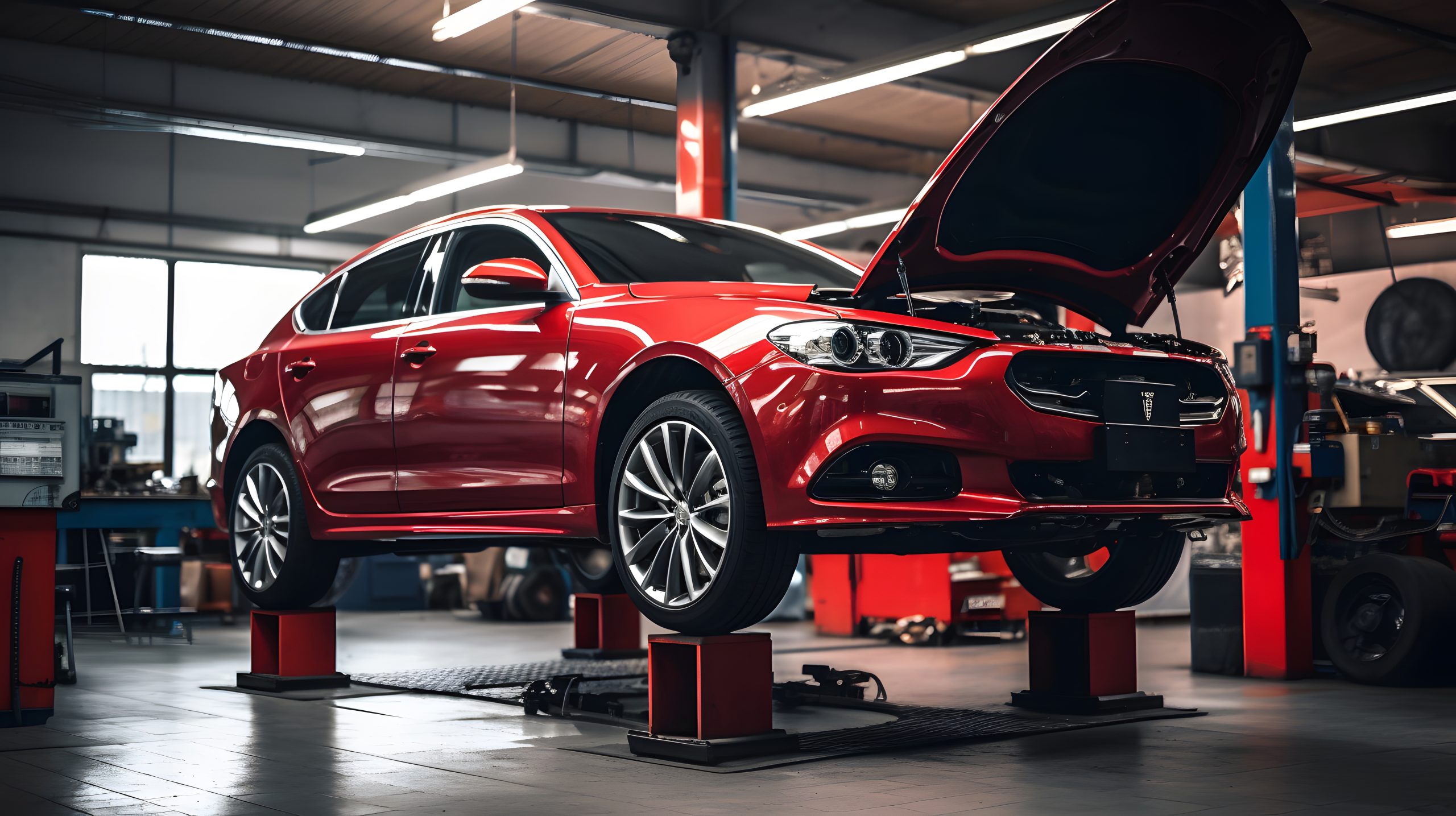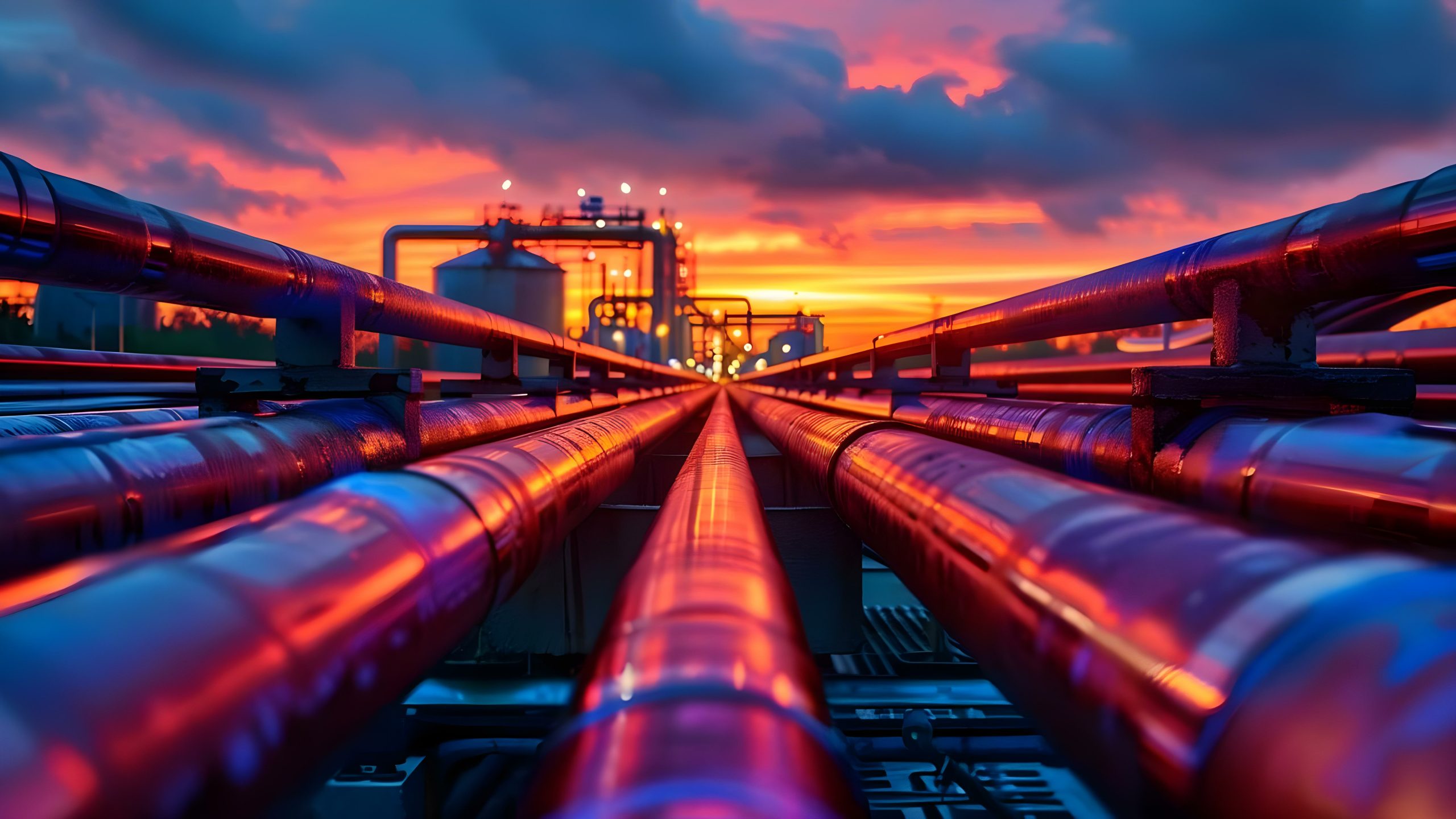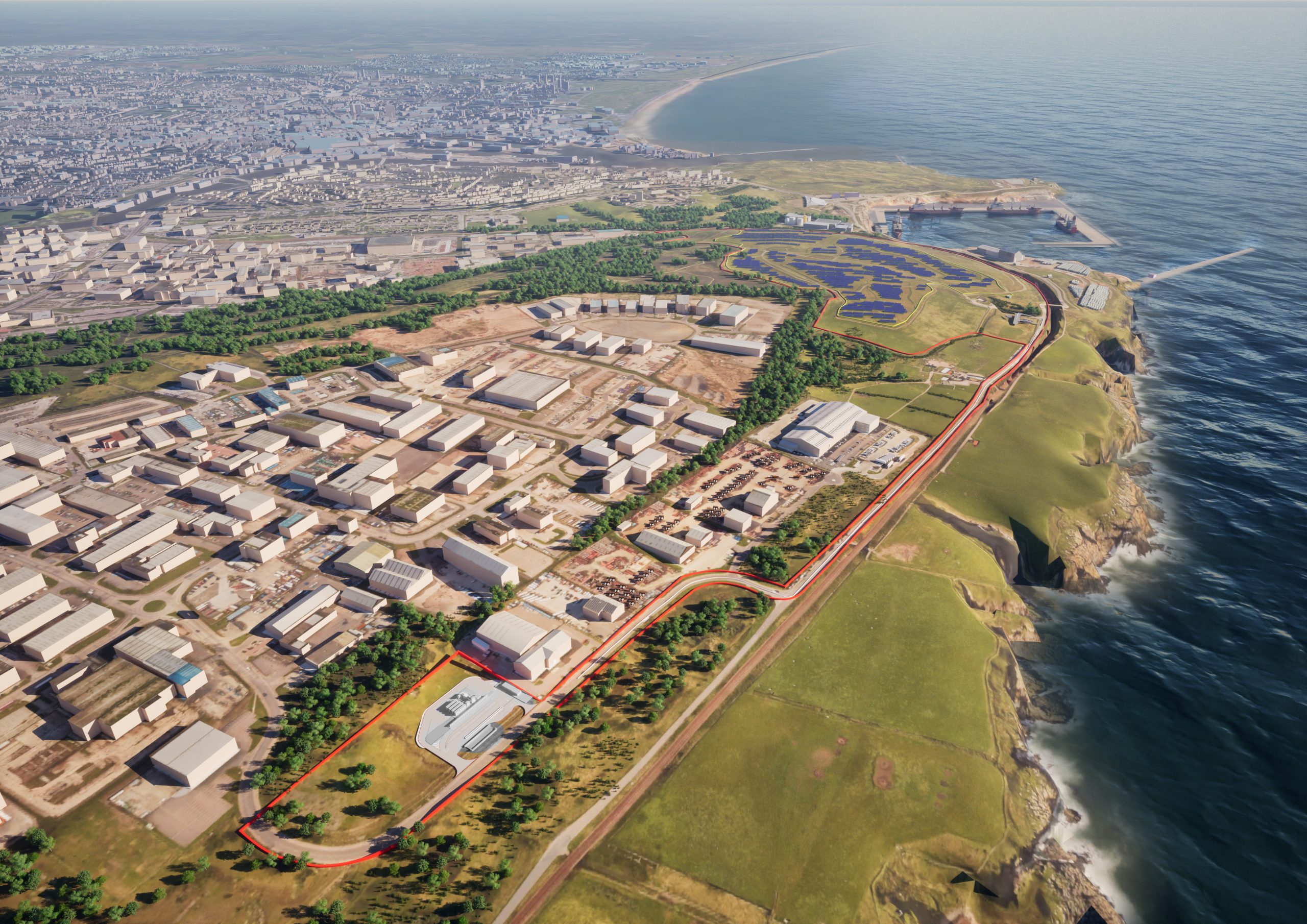BMW and Renault Lead the Charge in Fuel Cell Technology

Hydrogen fuel cell technology is emerging as a solution for the high emissions surrounding Europe’s transport sector. Using hydrogen as a fuel offers a cleaner alternative to traditional combustion engines.
Many companies have been experimenting with hydrogen, however, two companies stand out. BMW is pushing boundaries with plans to launch its first hydrogen-powered passenger car by 2028, while Renault focuses on hydrogen-powered commercial vehicles.
These fuel cell vehicles (FCEVs) produce zero tailpipe emissions, have faster refuelling times and have longer ranges. In summary, Hydrogen vehicles are becoming a strong contender (alongside electric vehicles) in Europe’s journey toward sustainable transport.
BMW to launch first-ever fuel cell electric vehicle by 2028
German vehicle company, ‘BMW’ have partnered with the ‘Toyota Motor Corporation’ to bring a new generation of fuel cell powertrain technology to the roads. Both companies share the aspiration of advancing the hydrogen economy and have extended their collaboration to push this locally zero-emission technology to the next level.
The BMW Group’s leading development expertise in electric drive technologies is once again demonstrated by its relentless efforts to advance hydrogen fuel cell technology and its embracing of a ‘technology-openness’ approach in order to provide customers with a range of mobility solutions for the future.
Oliver Zipse, Chairman of the Board of Management of BMW AG:
“This is a milestone in automotive history: the first-ever series production fuel cell vehicle to be offered by a global premium manufacturer. Powered by hydrogen and driven by the spirit of our cooperation, it will underscore how technological progress is shaping future mobility,”
The companies will jointly develop the powertrain system for passenger vehicles, with the core fuel cell technology (the individual third-generation fuel cells) creating synergies for both commercial and passenger vehicle applications.
This will result in individual models from both BMW and Toyota and will expand the range of FCEV options available to customers, bringing the vision of hydrogen mobility one step closer to reality. Customers can expect the BMW and Toyota FCEV models to maintain their distinct brand identities and characteristics, providing them with individual FCEV options to choose from
After successful testing, BMW Group is now preparing for the production of vehicles with hydrogen drive systems by no later than 2028.
However, this does rely on the jointly developed next-generation powertrain technology. The series production models will be integrated into BMW’s existing portfolio.
Koji Sato, President and Member of the Board of Management of Toyota Motor Corporation:
“We are pleased that the collaboration between BMW and Toyota has entered a new stage. In our long history of partnership, we have confirmed that BMW and Toyota share the same passion for cars and belief in ‘technology openness’ and a ‘multi-pathway’ approach to carbon neutrality. Based on these shared values, we will deepen our collaboration in efforts such as the joint development of next-generation fuel cell systems and the expansion of infrastructure, aiming for the realization of a hydrogen society. We will accelerate our efforts together with BMW and partners across various industries to realize a future where hydrogen energy supports society.”
Renault unveils hydro-powered prototype in Hannover
The French company, ‘Renault’ introduced a hydro-vehicle prototype at the IAA Transportation event in Hannover this week.
This hydrogen-powered variant completes the line-up already featuring electric and ICE models
The vehicle, named ‘New Renault Master’, is the only vehicle in its class made in France. The multi-energy platform (internal combustion, electric and hydrogen) and all body variants are manufactured on the same assembly line at the Batilly plant (near Metz).
While internal combustion and electric versions are already on the market, the new Renault Master will be marketed in a hydrogen H2-Tech version in 2025.
Describing themselves as, “A pioneer and leader in electric commercial vehicles for the past 15 years” Renault has approached hydrogen solutions in the same way – offering a new energy source with zero compromise on use, accompanied by an ecosystem built for and with the professional customer.
Renault commented that: “The New Renault Master H2-Tech Prototype is a major, pioneering innovation, made possible by the H2 expertise developed by HYVIA over more than 3 years, based on customer feedback on the first two H2-Tech versions, available since 2023.
This innovation offers reliability and performance, thanks to a hydrogen architecture that is fully integrated into the vehicle platform right from the design stage, preserving both the loading area and the payload”
Hydrogen fuel cell technology is steadily gaining traction within Europe, offering a promising path to cleaner, more efficient transport solutions. With major automotive players like BMW and Renault investing heavily in hydrogen-powered vehicles, the shift towards zero-emission mobility is becoming increasingly apparent. As infrastructure develops and more models hit the market, hydrogen will play a vital role in the future, helping reduce carbon emissions and meeting ambitious climate goals.

